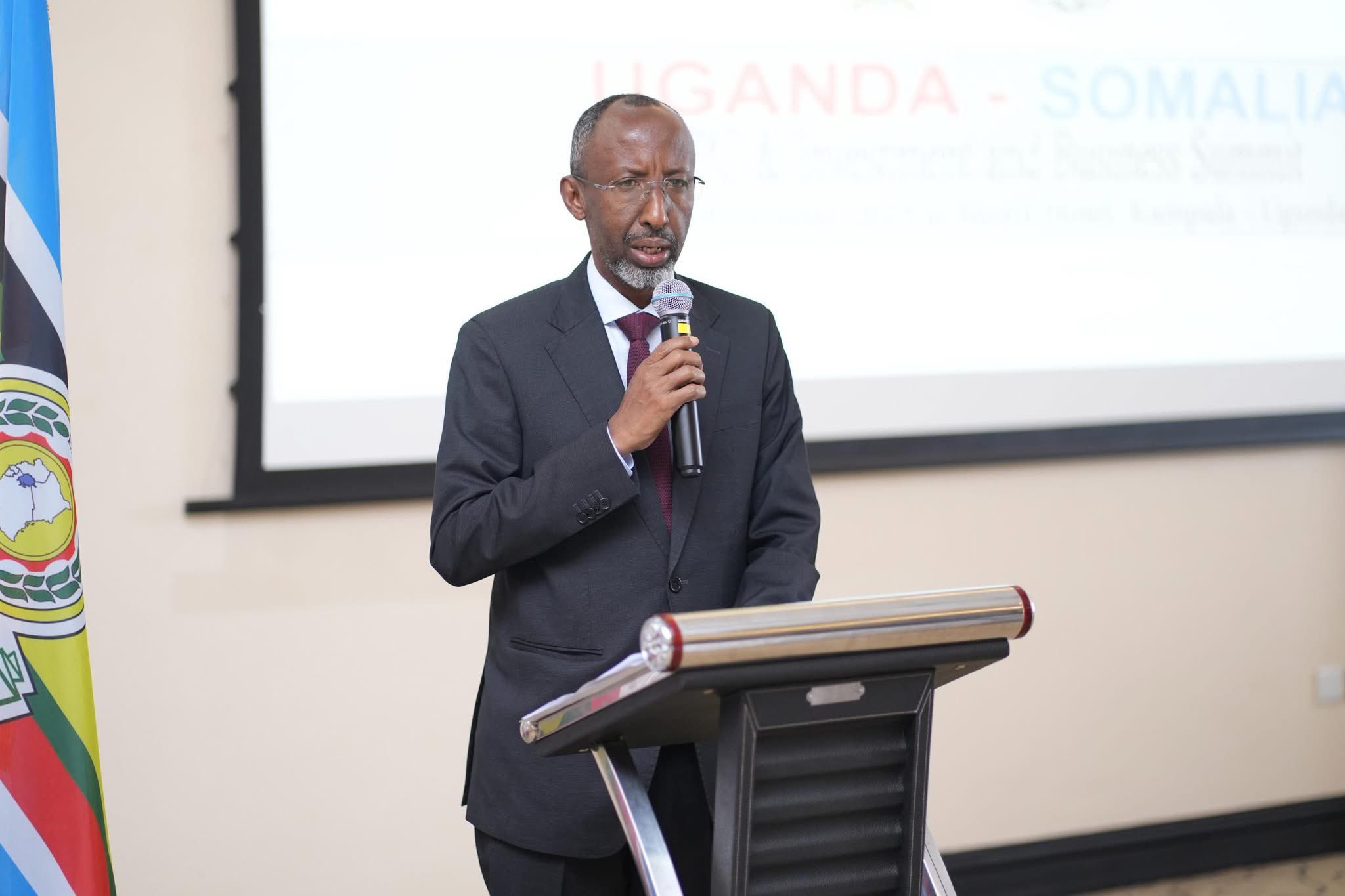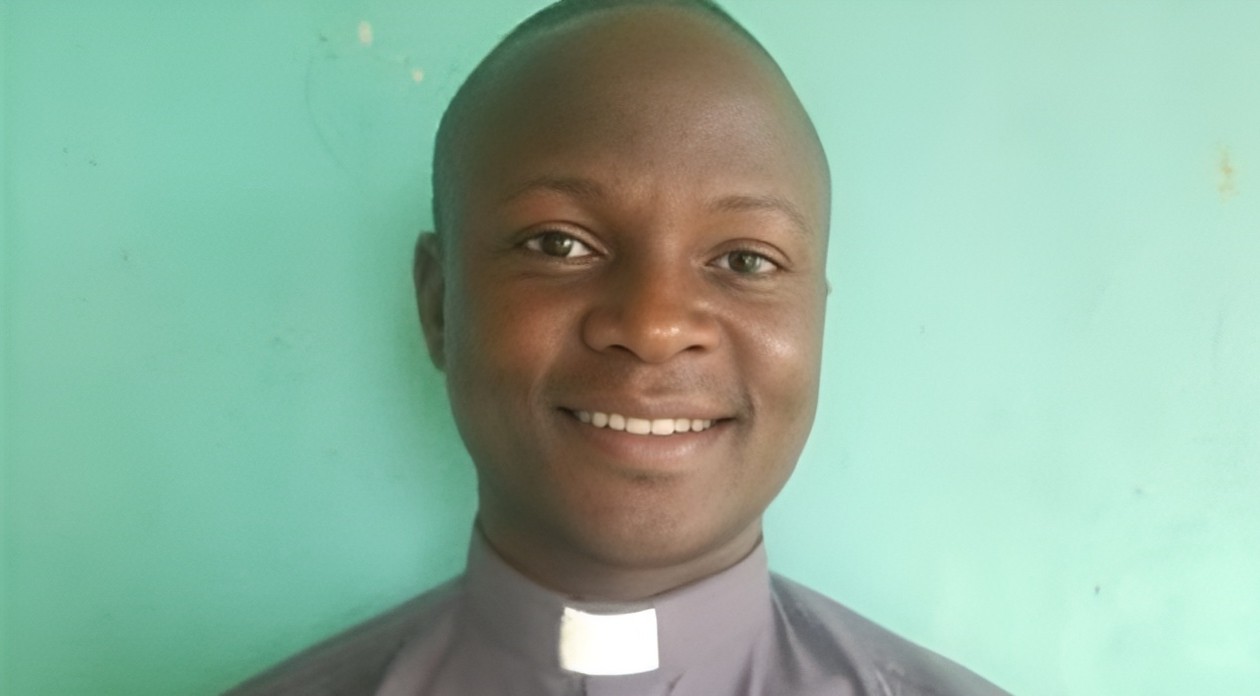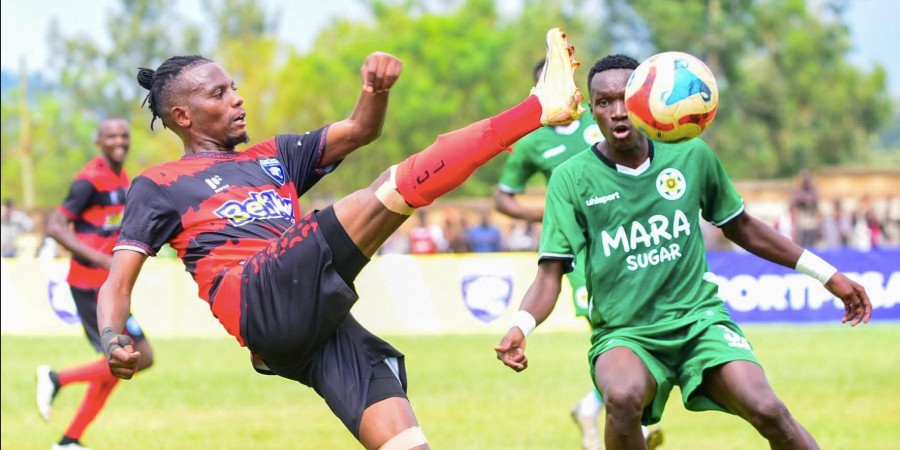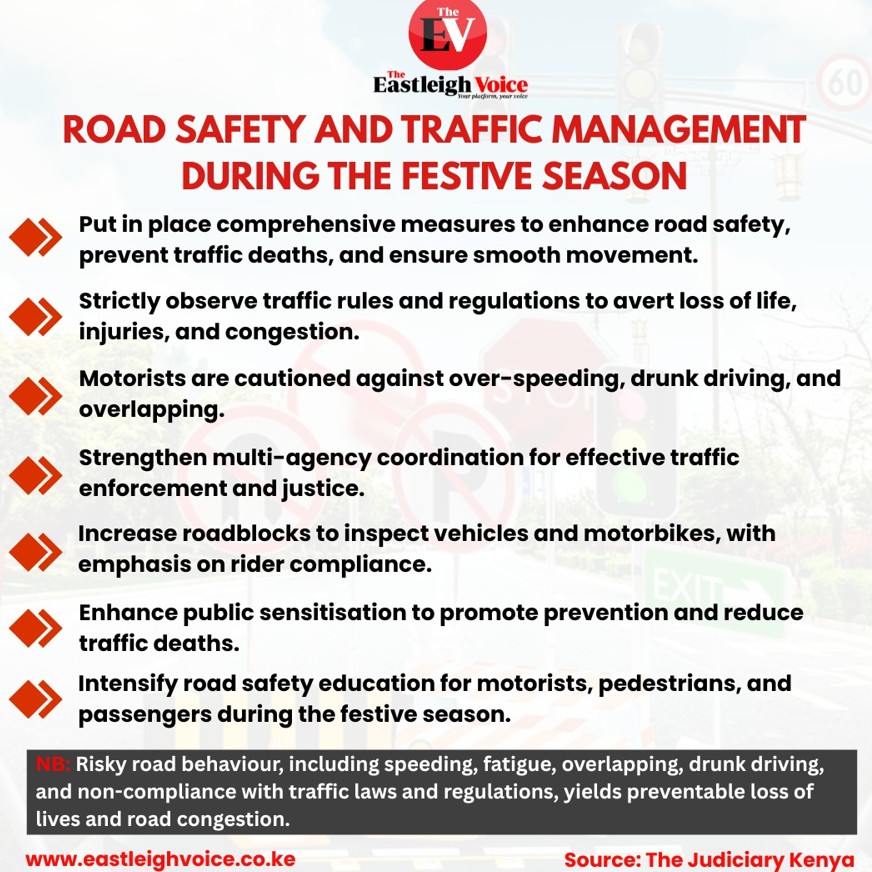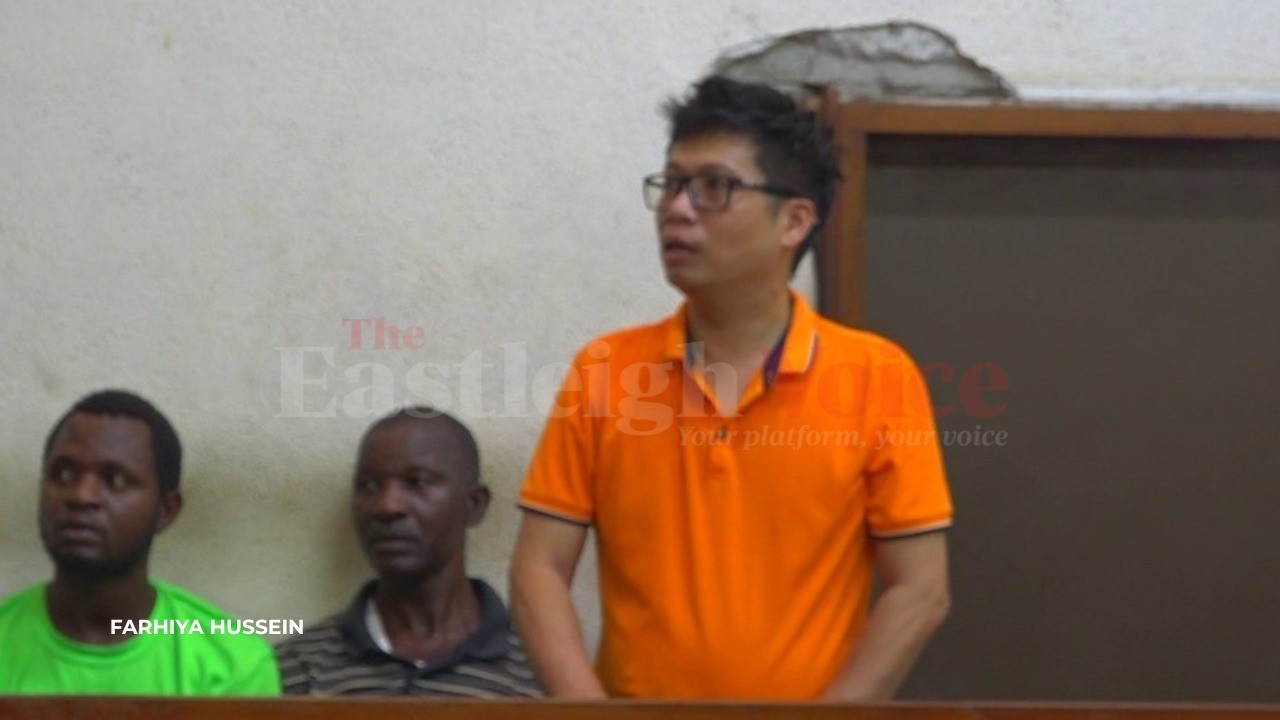Compensate community directly for unregistered land, govt asked
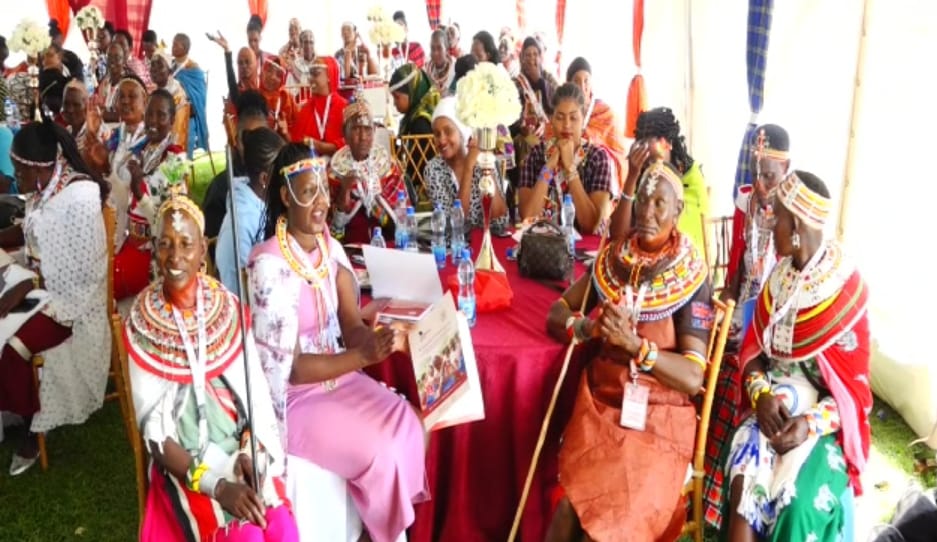
They spoke during the 9th edition of the Indigenous Women Council's two days annual conference in Nanyuki, Laikipia County.
Indigenous women from pastoral communities living on unregistered communal lands have implored the government to directly compensate the communities for projects being undertaken in their areas instead of channelling the monies to the county governments.
The women from over 20 counties in the Arid and Semi-Arid lands lamented over what they termed as instances of counties micromanaging and diverting the funds to unintended purposes, disenfranchising the targeted communities.
More To Read
- Mombasa Governor Abdulswamad Nassir calls for unity to solve land crisis
- Concerns over slow pace of community land registration in Kenya
- Legal gap leaves National Land Commission powerless to recover grabbed public land
- Kilifi's Kidutani squatters win legal battle to retain land allocated over four decades ago
- Isiolo residents demand justice in military land disputes
- Slow transition: New report reveals challenges in Kenya's community land registration
Nuria Gollo from Marsabit said communities should be allowed to either collectively or through their representatives decide how the funds should be used so that initiatives that are rolled out are unanimously agreed upon.
"It is unfair to allow counties to make decisions on behalf of communities that occupy and protect natural resources on the said land," she said.
County governments are the trustees of unregistered community land and are responsible for receiving and keeping in safe custody, on behalf of the community, any monies paid as benefits for the use of the unregistered land.
They are tasked with preparing and submitting to the Land Cabinet Secretary an inventory of all unregistered community lands within their jurisdictions for preparation of adjudication programmes.
Grace Lolim from Isiolo County said pastoralist communities were at high risk of being dispossessed of their land due to the general assumption that unregistered community land belonged to the government which was not the case.
The overlap between public and community land is believed to have contributed to the rising cases of military hiving off community land without consulting the occupants with classical examples in Isiolo and Marsabit.
"The perception that the unregistered communal land is idle puts the communities at risk of being disinherited during the rollout of government projects," she said.
The Community Land Act 2016 allows county and national governments to allocate sections of community land to use "in the public interest" with physical infrastructure, dams, roads and sporting facilities among the listed uses.
The Act provides a basis for the recognition, protection and registration of community land in Kenya. It encourages communities to manage and administer their land themselves through bylaws and inclusive governance structures.
The communities are allowed to, after registration and through the Community Land Management Committees, plan the development and management of the land and other natural resources.
Jane Meriwas decried inadequate women involvement in the community land registration process due to retrogressive culture that demean women and portrays them as weaker sex compared to men who wield a lot of power and say, both at the family and community level.
Pastoralist women are confined to their homes to undertake domestic chores and have limited access to control over resources and have little say in decision making.
"There is a need for women's effective participation in land conversations to ensure diverse views are captured during land registration," she said, calling for the abandonment of culture and traditions that bar women's participation, especially on issues that affect them such as land.
The requirement for their inclusion in the community land register and the CLMCs in line with the constitution's "affirmative action" is a shot in the arm for women.
A total of 10 counties have already submitted their inventories to the Land CS as required in law. They are Isiolo, Baringo, West Pokot, Marsabit, Tana River, Turkana, Mandera, Lamu, Wajir and Garissa.
Laikipia and Samburu counties have already picked their CLMCs with at least five former group ranches having transitioned to community land and received title deeds.
National Land Commission boss Tache Kabale stressed on the need for women to be actively involved in the community land registration process. "I encourage them to come out and share their views during the public engagements for safeguarding of their land rights".
They spoke during the 9th edition of the Indigenous Women Council's two days annual conference in Nanyuki, Laikipia County.
Top Stories Today








